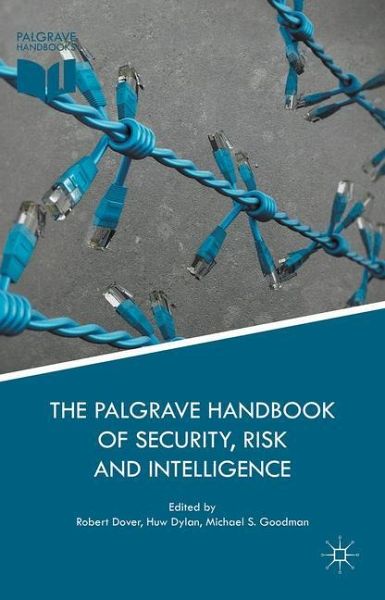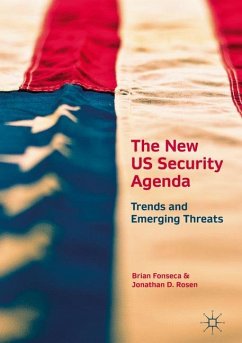
The Palgrave Handbook of Security, Risk and Intelligence
Versandkostenfrei!
Versandfertig in 6-10 Tagen
174,99 €
inkl. MwSt.

PAYBACK Punkte
87 °P sammeln!
This handbook provides a detailed analysis of threats and risk in the international system and of how governments and their intelligence services must adapt and function in order to manage the evolving security environment. This environment, now and for the foreseeable future, is characterised by complexity. The development of disruptive digital technologies; the vulnerability of critical national infrastructure; asymmetric threats such as terrorism; the privatisation of national intelligence capabilities: all have far reaching implications for security and risk management. The leading academi...
This handbook provides a detailed analysis of threats and risk in the international system and of how governments and their intelligence services must adapt and function in order to manage the evolving security environment. This environment, now and for the foreseeable future, is characterised by complexity. The development of disruptive digital technologies; the vulnerability of critical national infrastructure; asymmetric threats such as terrorism; the privatisation of national intelligence capabilities: all have far reaching implications for security and risk management. The leading academics and practitioners who have contributed to this handbook have all done so with the objective of cutting through the complexity, and providing insight on the most pressing security, intelligence, and risk factors today. They explore the changing nature of conflict and crises; interaction of the global with the local; the impact of technological; the proliferation of hostileideologies and the challenge this poses to traditional models of intelligence; and the impact of all these factors on governance and ethical frameworks. The handbook is an invaluable resource for students and professionals concerned with contemporary security and how national intelligence must adapt to remain effective.












